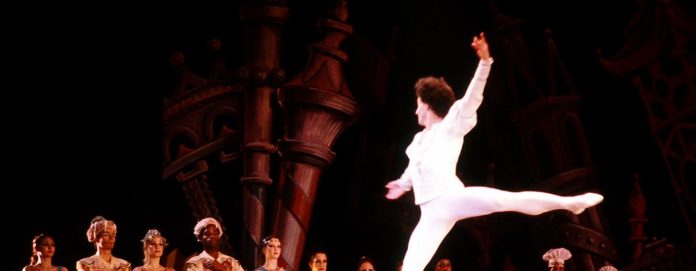In November, Denis von Meck, a descendant of the great composer, visited the UN Headquarters to discuss Tchaikovsky’s connection with the United States and his significant role in the success of New York’s famous Carnegie Hall.
Denis von Meck: During the late 19th century, New York lacked suitable music venues. A group of music enthusiasts approached Andrew Carnegie, a well-known arts patron at the time, to fund a new concert hall in the city.
Carnegie was more focused on literature and building libraries, but his wife’s love for music persuaded him to support the idea of building what later became Carnegie Hall.
Despite the risky location of the hall far from downtown New York, Tchaikovsky, the world-renowned musician, was invited to conduct a five-day festival to attract visitors.
UN News
Denis von Meck, descendant of Tchaikovsky and founder of the von Meck Foundation
UN News: How did Tchaikovsky become famous in the US?
Denis von Meck: When Tchaikovsky composed his First Piano Concerto in 1875, he dedicated it to Nikolai Rubinstein. However, after Rubinstein’s refusal to perform it, Tchaikovsky sought other musicians like Hans von Bülow to showcase his work, which led to his popularity in the US.
His unexpected success in America left Tchaikovsky with fond memories and admiration for the country.
UN News: Is the audio recording from 1890 believed to contain Tchaikovsky’s voice authentic?
Denis von Meck: Yes, the recording is genuine and has been verified by researchers at the Tchaikovsky Museum in Klin. It provides insight into Tchaikovsky’s life in the early days of sound recordings and is available on YouTube.




